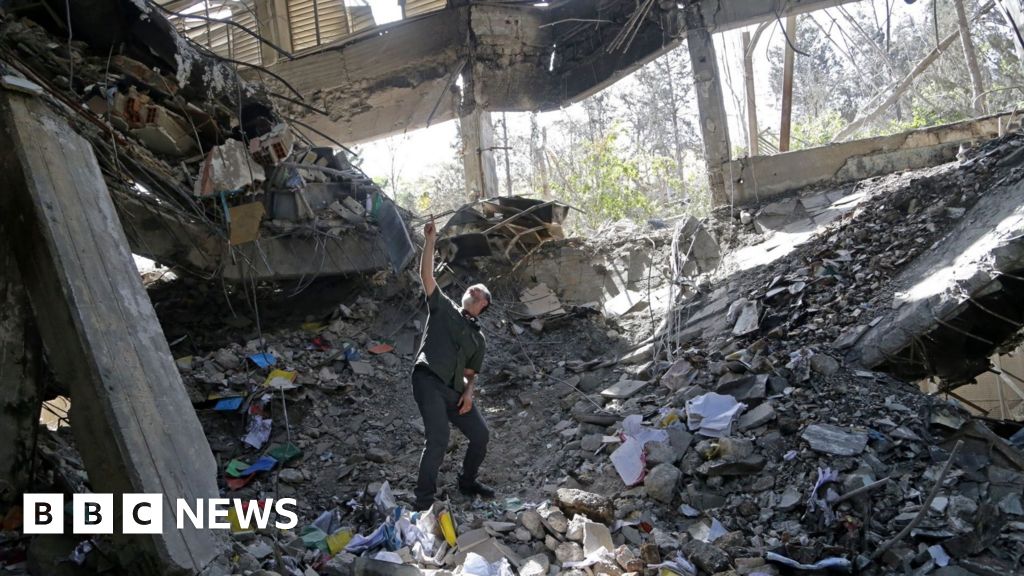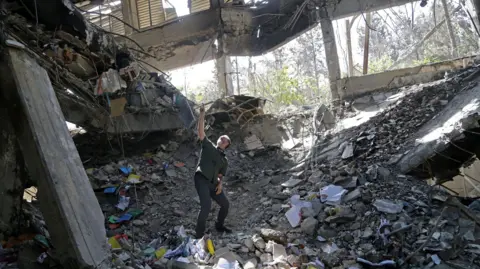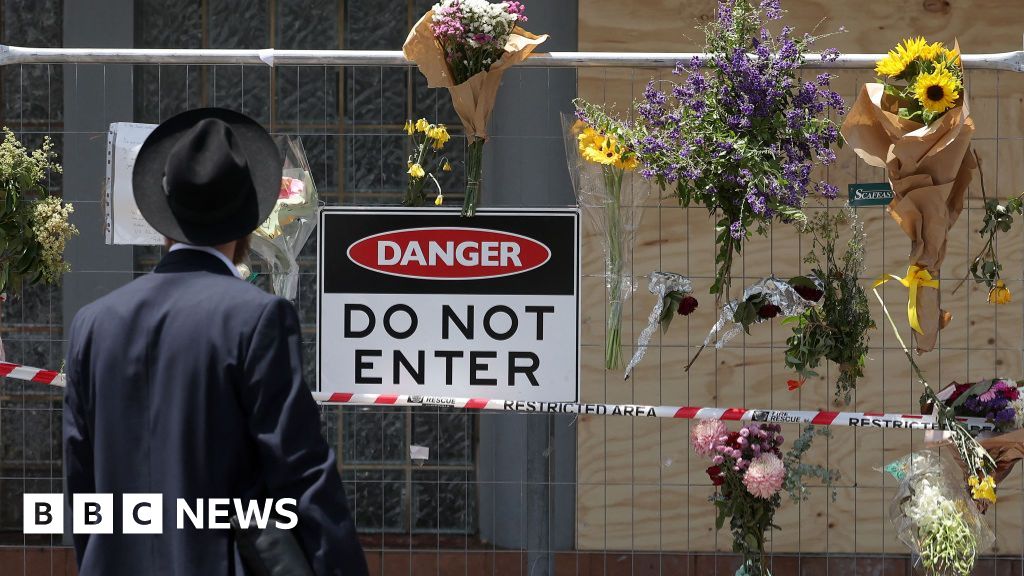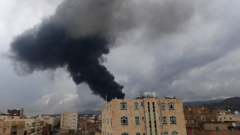In an interview following discussions in Geneva about nuclear matters between Iran and the EU, Araghchi stated, "The losses have not been small, and our facilities have been seriously damaged." This is the first official confirmation of the severity of damage following U.S. airstrikes that targeted three prominent nuclear sites: Fordo, Natanz, and Isfahan.
Contrasting Araghchi's grim assessment, Iran’s supreme leader, Ayatollah Ali Khamenei, delivered a different narrative in a public video. Khamenei declared that the U.S. strikes “were unable to do anything important,” labeling President Trump's claims of having "obliterated" significant parts of Iran's nuclear program as "exaggerated."
Amidst rising tensions, Araghchi indicated the potential for Iran to curtail cooperation with the International Atomic Energy Agency (IAEA), a crucial watchdog for nuclear proliferation. This hinted at a possible refusal to allow IAEA inspectors access to Iranian nuclear sites, with Araghchi explicitly stating the country would not welcome the director of the IAEA, Rafael Grossi.
Further complicating the situation, Iran’s Guardian Council has passed a controversial measure to halt cooperation with the IAEA in retaliation for the U.S. strikes, signaling a profound shift in Iran’s approach to international oversight of its nuclear program. This development comes at a time when diplomatic efforts aimed at resolving the nuclear dispute remain fraught with difficulty.
Contrasting Araghchi's grim assessment, Iran’s supreme leader, Ayatollah Ali Khamenei, delivered a different narrative in a public video. Khamenei declared that the U.S. strikes “were unable to do anything important,” labeling President Trump's claims of having "obliterated" significant parts of Iran's nuclear program as "exaggerated."
Amidst rising tensions, Araghchi indicated the potential for Iran to curtail cooperation with the International Atomic Energy Agency (IAEA), a crucial watchdog for nuclear proliferation. This hinted at a possible refusal to allow IAEA inspectors access to Iranian nuclear sites, with Araghchi explicitly stating the country would not welcome the director of the IAEA, Rafael Grossi.
Further complicating the situation, Iran’s Guardian Council has passed a controversial measure to halt cooperation with the IAEA in retaliation for the U.S. strikes, signaling a profound shift in Iran’s approach to international oversight of its nuclear program. This development comes at a time when diplomatic efforts aimed at resolving the nuclear dispute remain fraught with difficulty.















